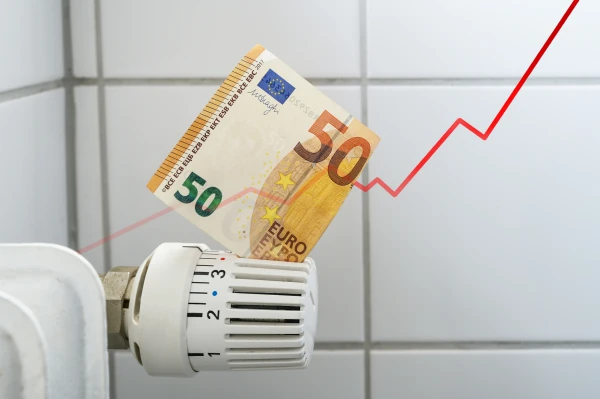
As is known, the new tariffs or rather - the new tariff plan of Rīgas siltums caused a scandal, resulting in heads rolling.
Let’s remind: the initially submitted tariff for heat energy by Rīgas siltums with an unforeseen expenses component of €2.05 per MWh anticipated a 21.5% increase - up to €90.15 per megawatt-hour (MWh).
Heating Under Fire of Criticism
After reassessment, the tariff for heat energy of Rīgas siltums increased by 11.9% to €83.01 per MWh starting October 1 of this year. However, the opposition in the Saeima and experts are convinced that the 11.9% increase is completely unjustified, as gas prices have significantly decreased, and there are no objective prerequisites for tariff increases. Rather, many experts believe that it could have been a matter of reducing tariffs!
In any case, the attempt to raise the tariff by 21% led to the dismissal of the chairman of the board of Rīgas siltums, and at the end of this month, shareholders, under pressure from Minister of Economics Viktors Valainis, will dismiss the entire board of Rīgas siltums.
However, the very increase in tariffs prompted opposition deputies to the necessity of... a parliamentary investigation! Thus, last week, the parliament approved the creation of the third parliamentary investigative commission in this Saeima. Notably, the initiative to create the investigative commission was supported by all five opposition factions in the Saeima.
Let’s recall that in this Saeima, an investigative commission was first created to investigate the consequences of the “capital repair” of the financial system initiated by then Prime Minister Krišjānis Kariņš, which led to the collapse of three banks.
Then, deputies created a commission to investigate the implementation or rather - non-implementation of the century project Rail Baltica. This commission, based on its findings, called on the Ministry of Transport to prepare a special bill on the implementation of Rail Baltica so that it would be possible to clearly define those responsible for the project’s implementation and the funding process for the century project.
By the way, even before the creation of the parliamentary investigative commission, then Minister of Transport Kaspars Briškens (“Progressives”) promised to submit the corresponding bill. Since then... almost a year has passed, and nothing has changed — no bill has been submitted to the Saeima. And this once again shows how “effective” parliamentary investigations are.
The History of Parliamentary Investigations
Meanwhile, parliamentary investigations have already become an integral part of deputies' activities — the first parliamentary investigation in the history of Latvia took place... 31 years ago. Yes, in 1993, in the 5th Saeima, deputies investigated possible violations during the seizure and transfer of the so-called “KGB bags” - archival materials that could help identify those who assisted (collaborated) with the Soviet special services. By the way, in the 5th Saeima, which lasted only 2 years and was a kind of transitional body (after the Supreme Council), as many as five parliamentary investigations were conducted.
Over these three decades, deputies have investigated a wide range of issues! From the bankruptcy of several commercial banks in the early 90s, the squandering of international loans, possible involvement of officials in smuggling deals, and even the “pedophilia case”... Parliamentary investigative commissions have been present in all Saeima convocations without exception. Parliamentary investigations in Latvia have not yet led to arrests, let alone subsequent court sentences. If there were grounds for initiating criminal proceedings, law enforcement agencies would have started those processes without the efforts of deputies...
Modern Tasks of the Commission
But let’s move from the “history of the issue” to the present day. In the near future, Saeima factions will delegate their representatives to work in the parliamentary investigative commission, a chairperson and secretary of the parliamentary commission will be elected, and deputies will be able to start their investigation.
Justifying the need to create such a commission on the tariff policy of Rīgas siltums, deputies reminded that the entire Latvian society, as a result of the mandatory electricity procurement system, invested millions of euros in the infrastructure of thermal power plants (TPPs) of AS Latvenergo, including integrating AS Rīgas siltums and Latvenergo into a unified energy management system, in order to convert energy resources into cheap electricity and heat.
Problems in the Heating Supply System
“However, contrary to this goal, for which the mandatory procurement system was created, there is a practice where the thermal energy produced by TPPs is released into the atmosphere for a long time instead of being used in centralized heating, while more expensive heat energy is purchased from private commercial entities. “This not only leads to excessive costs but also causes double environmental pollution, violating both national and EU regulations,” the creators of the commission believe.
Only during the heating season of 2023/2024, 184,000 MWh of thermal energy was released into the atmosphere, corresponding to the annual consumption of an average city in Latvia. At the same time, during the heating season of 2022/2023, state support for the heat energy tariff was required for end users.
In addition, the Latvian state lacks a strategy for the development of thermal energy, the heating supply in Riga is carried out uncoordinatedly, and the mismanagement of AS Rīgas siltums has led to Riga having the highest heating tariff among the capitals of the Baltic states, creating conditions under which enterprises and households refuse centralized heating. This alarming situation requires the involvement of the Saeima and urgent decision-making.”
What Awaits the Deputies' Investigation
Even if we assume that deputies, in creating the parliamentary investigative commission, were primarily guided by the proximity of elections, the very desire of the people's servants to address the tariff issue should be viewed positively. It’s just a pity that deputies have so far limited themselves only to heating tariffs, and only within one capital.
At the same time, we all understand perfectly well that tariffs are inflated not only for heating but for all other public services. This allows state-owned and/or municipal monopolistic enterprises to earn well, transferring a lion's share of profits to the state treasury. In other words, we are essentially dealing with yet another hidden tax from the state.
Therefore, we dare to assume that no one will allow deputies to break the existing system, depriving the budget of the necessary hundreds of millions. In any case, it will be interesting to observe how this deputies' investigation unfolds and what conclusions the politicians will reach.


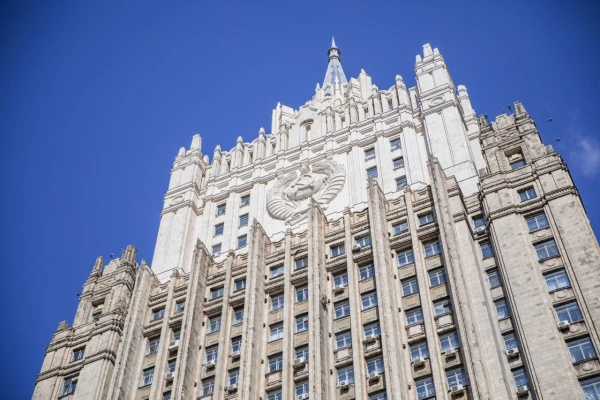

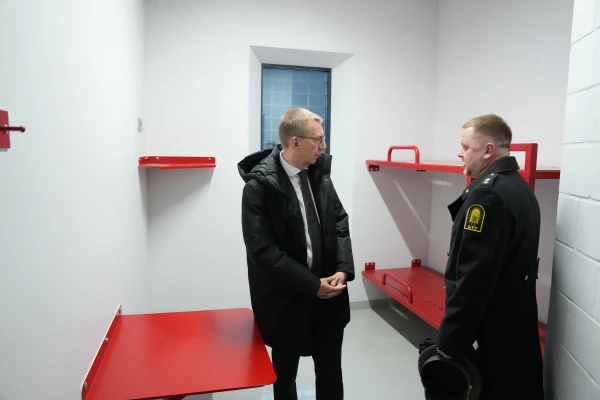
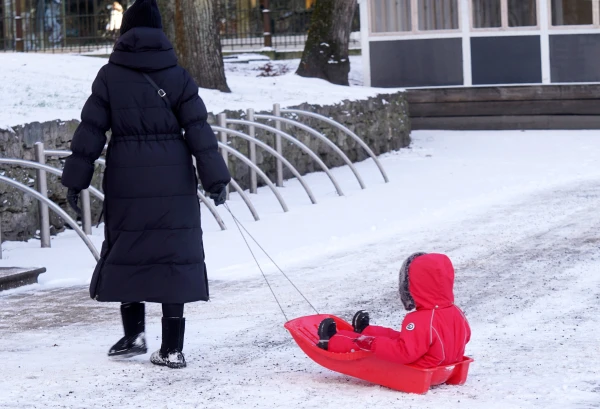
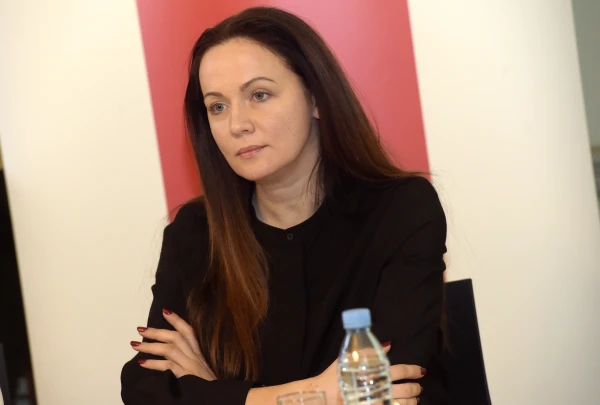
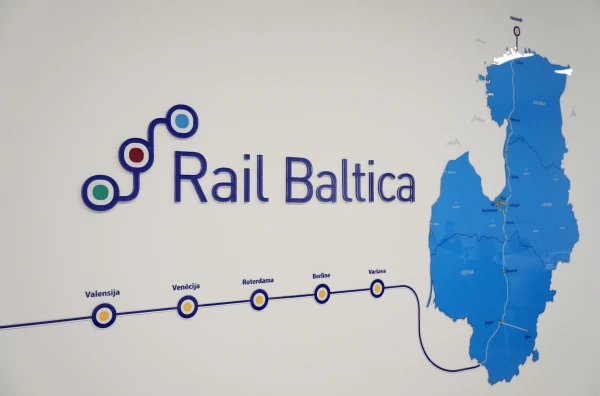
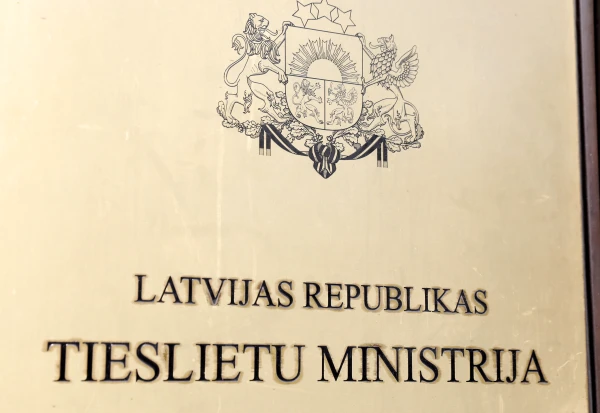
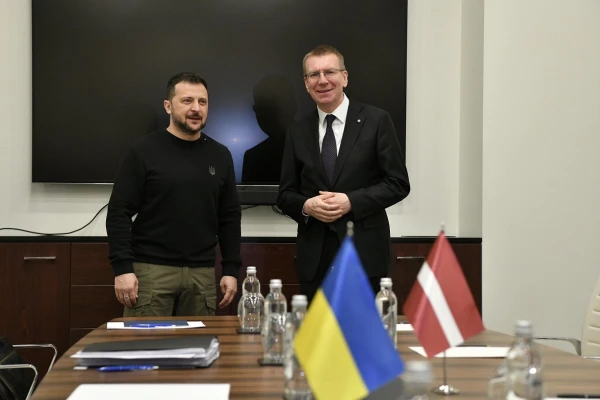
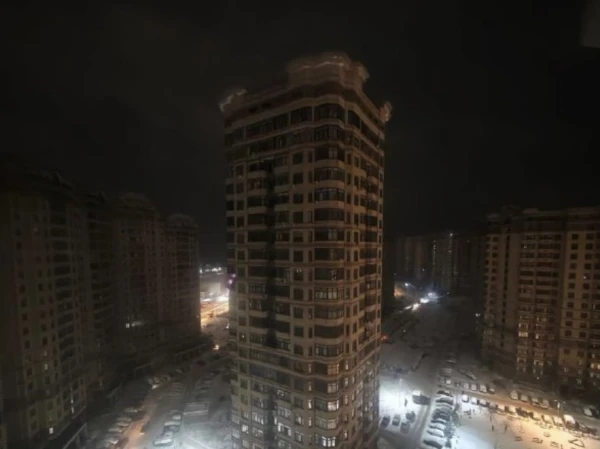


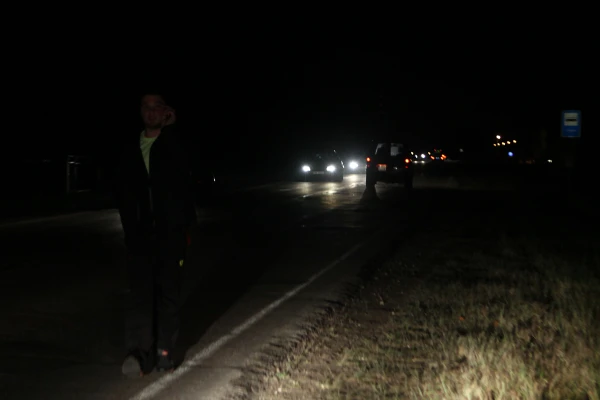


Leave a comment